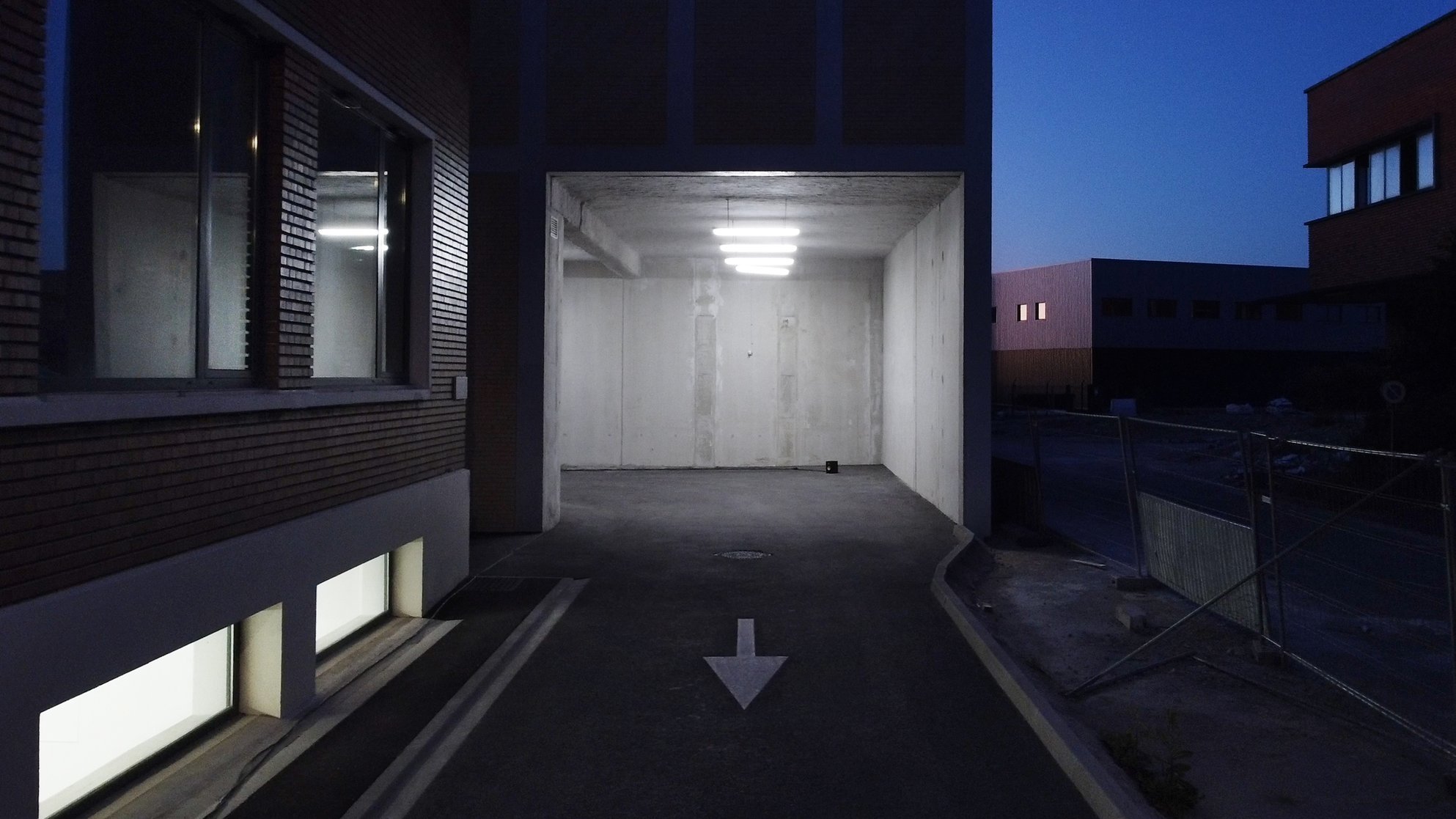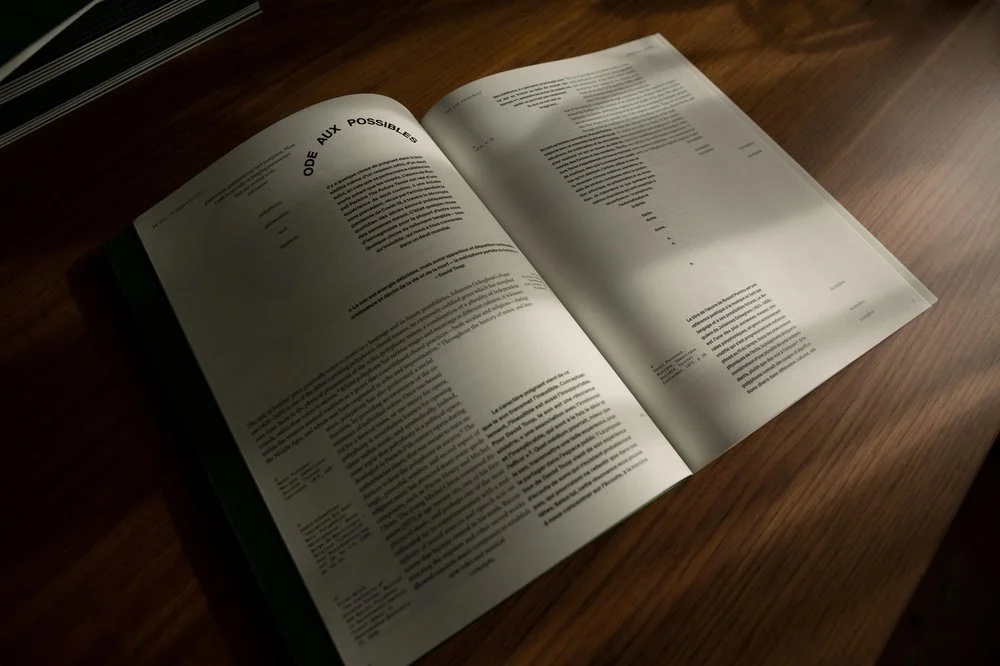Futures Award Winner 2022
The Future Tense - Russell Perkins (United Kingdom)
Artwork description
Requiem aeternam—the first movement in the Catholic funeral mass—means eternal rest. The requiem is sung to mourn a death, but also to pray for its reversal in an imagined infinite future.
The Future Tense is an application that modifies the first movement of Johannes Ockeghem’s requiem (1420-1459), the oldest surviving polyphonic funeral mass. Artificial intelligence assists in extending the labor of grieving indefinitely, but such that the requiem’s three voices never reach harmonic resolution. Designed for eternal movement, the application both forestalls and holds open the requiem’s ideological task.
The application’s movement is guided by the real movements of people. For this purpose, GPS data recorded across the first year of the Covid-19 pandemic was sourced from Cuebiq, a company offering “mobility insights” to help marketers anticipate behavior and target their advertising efforts. This is data that accumulates whenever cell phone users move; rest registers as the absence of information.
Whether for businesses or government authorities, this data offers the promise of managing uncertainty, of extracting value from the altered rhythms of lockdown. Here, it helps absorb prediction into prayer. In a process that continually rewrites the requiem, the application relies on forecasts of people’s movement patterns to decide its own future path.
Installation view of multi-channel sound installation, infinite length; Les Réserves du Frac Île-de-France
The publication was made with designers Hoang Nguyen and David Gobber, and includes texts by Anabelle Lacroix and Lucas Morin. It was selected as ‘One of the Most Beautiful Swiss Books of 2022’ by the cultural ministry of Switzerland.
Partners and collaborators
Scientist Collaborators: Vittorio Loreto, principal investigator; Gaëtan Hadjeres, Bernardo Monechi, Enrico Ubaldi
Production & sound design: Charlie Culbert
Singers: Virgile Ancely, Ivar Hervieu, Cyrille Lerouge
Recording: Julien Creus, Question de Son
Research: Sam Goree
Programming & equipment: Tim Wedde, Andrew Orkin
Support: Émilie Bannwarth, Frédéric Bouchet, Julia Dartois, Clara Daquin, Xavier Franceschi, Clémentine Lefranc, Joachim Pflieger
Publication: design by Hoang Nguyen and David Gobber, texts by Anabelle Lacroix and Lucas Morin

